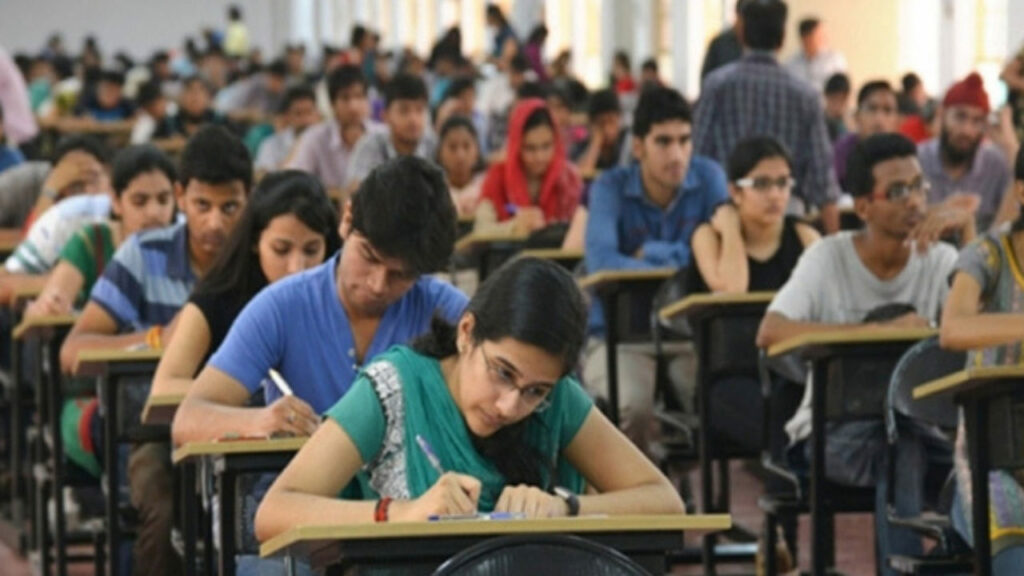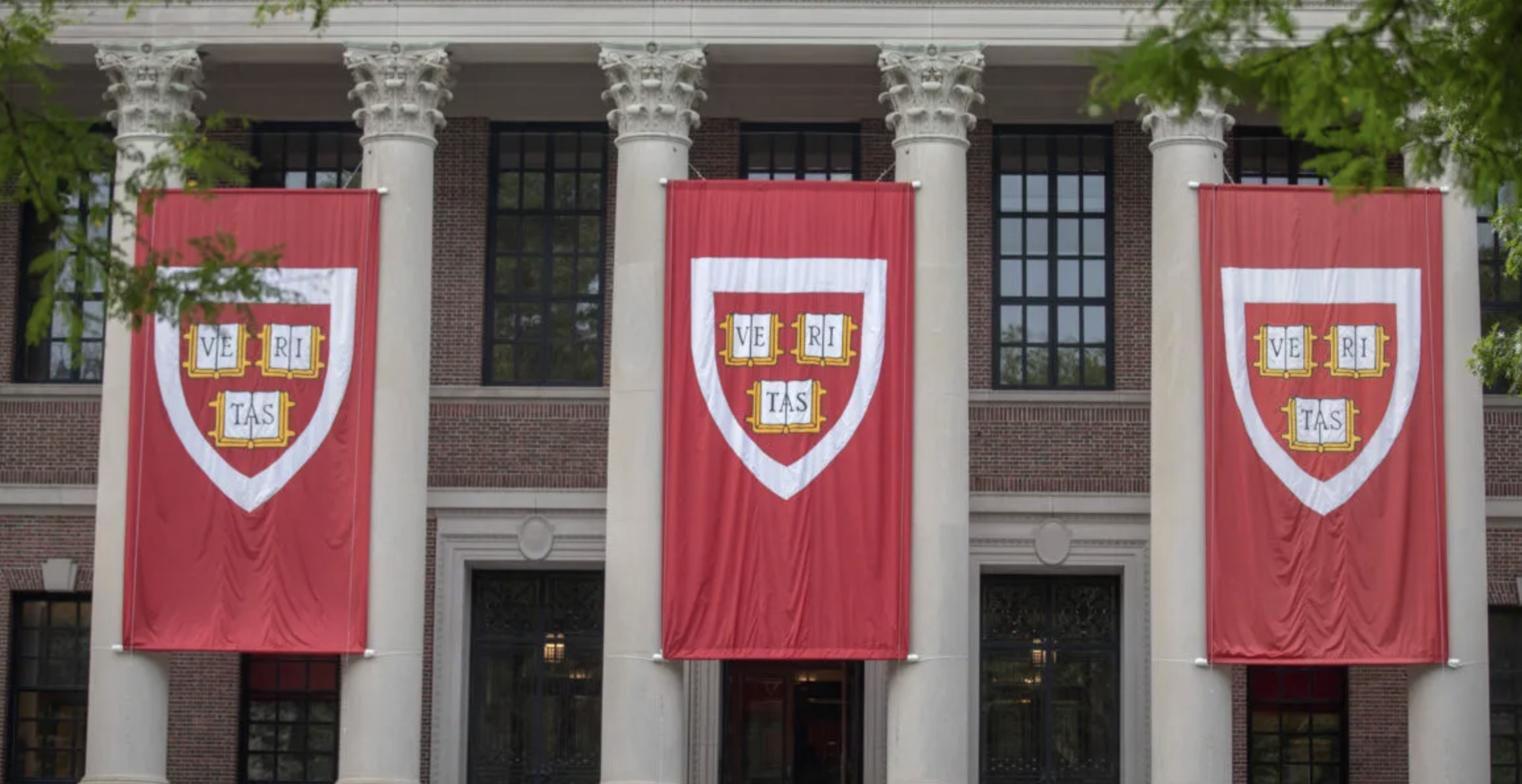This is an Exclusive Blog by Mr. Nirvaan Birla, Founder, Birla Brainiacs
Human advancement has always been based on education, which develops intelligence and gives others lifelong skills. However, the traditional one-size-fits-all method of teaching frequently leaves pupils struggling with a range of interest and comprehension levels. Students may lose interest in the topic if it doesn’t suit their preferred learning methods. This is a problem for teachers who want to provide engaging, inclusive curricula. Thus, Artificial Intelligence (AI) emerged as a cutting-edge force to change the landscape by creating customised learning routes for pupils based on their learning inclinations.

The era of education being confined to physical presence, textbooks, and classroom walls is long gone. As a result of educational institutions’ realisation of AI’s potential, learners and teachers now have access to an abundance of digitally enhanced learning materials. Such resources support holistic growth and development in addition to providing dynamic learning opportunities and interesting teaching strategies. The Certified Market Research report projects that the global market for artificial intelligence (AI) in education will reach $21.52 billion by 2028, at a compound annual growth rate (CAGR) of 45.21%, due to the increasing integration of AI into education technology.
AI in Education: Leading the Way in Revolution
Beyond uncertainties, AI has moved from being a fad to a necessity in the education sector, allowing students to personalize their education and advance at their speed. Artificial Intelligence has made it possible to build personalized learning routes through individualised learning, which customises learning experiences according to individual needs. AI gives teachers the ability to understand the strengths and limitations of each student, allowing them to differentiate education. By integrating AI technologies, instructors may customise learning experiences to meet the unique needs, interests, and learning preferences of each student.

Mr. Nirvaan Birla, Founder, Birla Brainiacs
Further, analyse how AI might improve students’ individualised learning experiences in the classroom based on their learning preferences:
The Rise of Adaptive Learning: AI-driven platforms for adaptive learning are becoming more popular in India. These platforms adjust the level of difficulty of assignments and questions according to each student’s performance. These artificial intelligence (AI) powered adaptive learning systems examine student data, including performance, areas of strength and weakness, and learning speed. The system can create a personalized learning path for every student based on this data, which includes tools, activities, and content that are catered to their specific requirements.
Data-Driven Insights: It should come as no surprise that AI looks at a range of learning environments, including logical, visual, and auditory preferences. Beyond learning preferences, AI continuously gathers and assesses data to give educators insights into their students’ development. As a result, educators can draw important conclusions from this data to gain a deeper understanding of every student, and they can use those conclusions to determine how best to tailor the educational experiences of their students. Analytics driven by artificial intelligence make this possible.
Intelligent Tutoring Systems (ITS): One innovative way Edtech is utilizing AI is through intelligent teaching systems. These systems provide personalized learning by using machine learning (ML) algorithms to modify content according to student performance. This method creates an interactive and customized learning environment by increasing engagement, providing real-time feedback, and meeting a range of learning needs.
Personalized Educational Pathways: AI-powered platforms provide students with tailored educational experiences based on their objectives, passions, and past knowledge. By adapting the curriculum and pace to the needs of the students, these systems make sure that they are given the right challenges and assistance, maximizing their learning outcomes. Even though AI has a lot of promise, human teachers are still essential in developing encouraging and motivating learning environments. Combining artificial intelligence with human knowledge could result in more efficient and customized instruction for every learner.
Beyond Conventional Education: There are no indications that AI will stop becoming more and more prevalent in education. Modern technology has given teachers and students alike the means to streamline education and enhance its personalized and engaging quality. In addition, the age of AI-driven personalized learning has arrived, completely changing how teachers teach students and how they learn. Consequently, the convergence of technology and education portends a more promising future in which every student’s distinct abilities are fostered, resulting in comprehensive growth and remarkable achievements.













